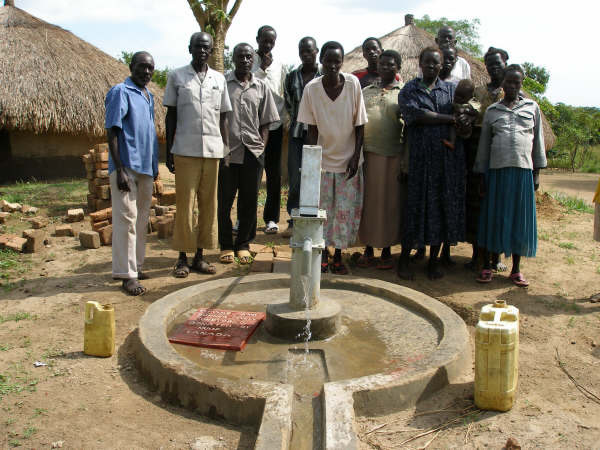There is one substance in the world which is essential for life: this is water. The earth is the only planet covered in liquid water and exists in three forms, either as a liquid, as a solid or in gaseous form. Statistically, 70% of the planet earth is covered in water, 68% of human body is made of water, and 55% of the blood in human body is made of water. The average adult needs at least 1 litre of water per day to survive, but ideally, we would drink about 2-4 litres per day to replenish water used by our cells and lost through breathing, sweating, and digestion.
Water can become contaminated by human or animal waste, nitrates, herbicides and pesticides from agriculture, and bacteria entering the water source. Contaminated water can cause water-borne illnesses, such as cholera, diarrhea, dysentery, hepatitis A, typhoid, and polio. With access to clean drinking water, people suffer less from these illnesses and contribute more to their families and communities through economic activities. When children have better health, they are able to attend school and improve their futures through better education.
The Northern Uganda Development Foundation believes that human health is the primary requirement for community well-being. NUDF works hand-in-hand with villagers to develop the community capacity to drill and maintain hand-pump wells that provide clean water over the long-term.

